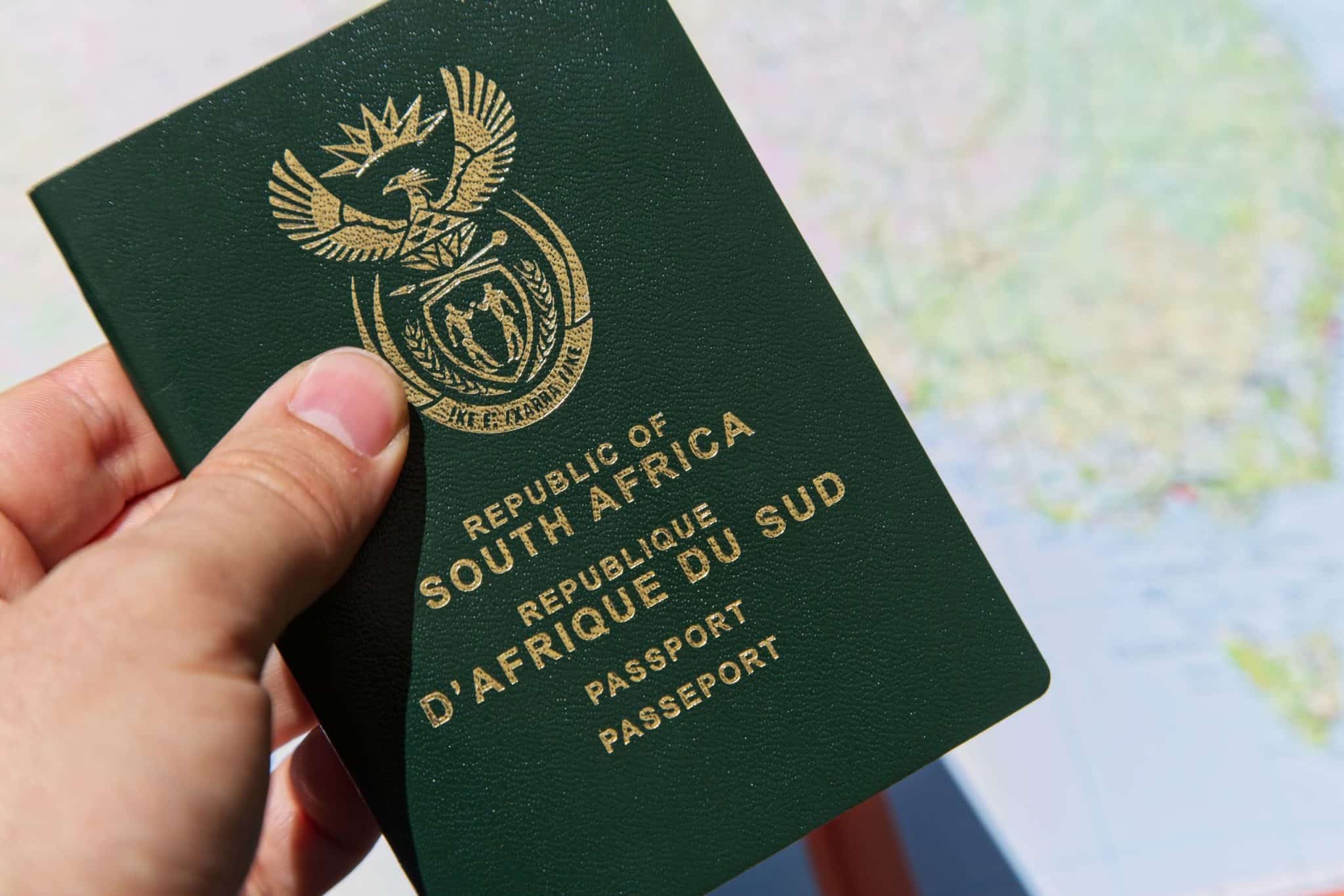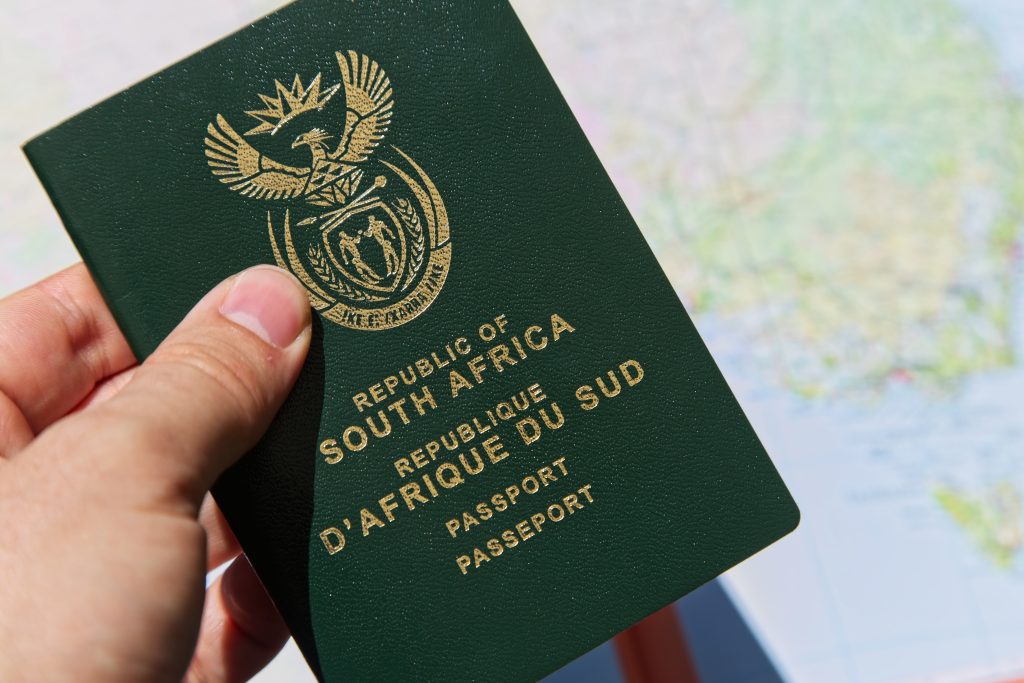New ID smart cards and passports for South Africans
The Minister of Home Affairs, Leon Schreiber, recently announced plans to introduce new, updated smart identity documents (IDs) and passports. This initiative aims to improve the security features of the current documents.
Although South Africans who are attached to their traditional green ID books are resisting the change, Schreiber stresses its necessity for improved security.
During a recent budget speech, Schreiber outlined the government’s intention to update these essential documents with improved security features. He mentioned that the move aims to strengthen the integrity of South African identity documents and deal with ongoing concerns about fraudulent activities. The goal is to gain the trust of more countries and organisations worldwide.
Many South Africans are still attached to their beloved green ID books. There appears to be widespread scepticism about the necessity of the change, especially since Schreiber did not provide specific details about the timeline for rolling out the new documents or the nature of the proposed security improvements. The fact that Schreiber is talking about new security features also leaves people who already have cards uncertain about whether they will have to apply for cards all over again or whether the current cards will still be valid. The lack of clarity has led to mixed reactions from the public. Many have questions about the cost and practicality of the new ID smart cards.
According to recent reports, South Africans will soon have to replace their green ID books with ID smart cards, a transition that the previous Minister of Home Affairs, Aaron Motsoaledi, insisted on. However, the online response on many platforms shows that South Africans are sceptical, especially due to persistent service delivery issues at Home Affairs.
Many people are happy with their green ID books and frustrated with delays and inefficiencies in obtaining the new smart cards.
While the government tries to build trust among more countries and organisations worldwide with improved security measures, the public remains divided over the proposed changes. Comprehensive communication and effective implementation are clearly needed to make this transition smoothly.
ID smart cards now available for naturalised citizens
Minister Schreiber had positive news for naturalised citizens who have not been able to apply for ID smart cards for more than a decade. According to him, support for ID smart cards is gradually being implemented; 280 cards have already been issued, and another 697 are currently on their way.
When the system is adjusted to verify sufficient applications, all naturalised citizens can visit any Home Affairs office with biometric facilities to apply for their ID smart cards.
Since the introduction of ID smart cards in 2013, these cards have mainly been limited to citizens born in the country. As a result, naturalised citizens who lost their green ID books or had theirs stolen or damaged had to visit one of the few offices still supporting the issuance of the older document.
The DA argued that this restriction violated their rights as citizens. The situation could have worsened if the department invalidated green ID books.
Only in December 2023 did Home Affairs announce that it had started a pilot project to issue ID smart cards to naturalised citizens.
The announcement of the availability of ID smart cards for naturalised citizens is a long-awaited step in the right direction to ensure that all citizens, regardless of their country of birth, have equal access to modern and secure identity documents.
Photo: Wirestock/ Freepik




















